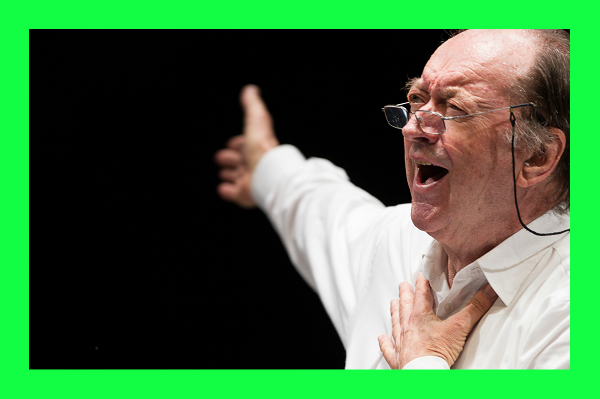When it comes to the performance of Romantic work there exists a notable distance between the communities of musical and literary studies. Conductor Nikolaus Harnoncourt spoke of his attempts to “retain the feeling of the spoken word,”2 while Leonard Bernstein extolled the “spirit of cross-disciplines” in his celebrated lectures as Charles Eliot Norton Professor of Poetry at Harvard University.3 But mainstream attempts in music performance to connect these lines of influence and inspiration for the sake of entertainment and engagement (as well as expansion of the concert institution) have yet to be claimed among a younger generation of performers. As Artistic Director of Ensemble Eroica, in collaboration both with Claire Holden and her research team at Oxford University, as well as scholars and performers specialising in the poetry, literature and theatre of the period, I intend to demonstrate that the humanity to be found in the eccentricities and peculiarities inherent in HIP—the fantasy extracted from the historical fact, and the power of their unmodernised presence—will connect with audiences. Our first project, titled “(Un)Shackled”, will include performances of work by Beethoven, Shelley, Wordsworth, and the work of enslaved people of the Haitian Revolution. By highlighting the revolutionary strains across these different media (and expanding the theory that the Fifth Symphony stands as Beethoven’s only overtly political statement), we will aim to animate the social and political charge for white and non-white readers, writers, and audiences of Romantic works, whether in the years following the Napoleonic Wars or in today's charged climate. Using the language of the Romantic (and Classical) writers to inform the performance of that era’s music I intend to use the connections between language and music, bridging the gap between the performance fields of music, literature, and theatre, to stoke the fire of contemporary enthusiasm and for these paradigmatically classical works.
1 John Keats to G.F. Matthew, letter (Nov. 1815), in Letter of John Keats, Vol. I: p.100.
2 Nikolaus Harnoncourt, Baroque Music of Today: Music As Speech: 11.
3 Leonard Bernstein, quoted in Allan Keiler, "Bernstein's The Unanswered Question and the Problem of Musical Competence," The Musical Quarterly Vol. 64, No. 2 (Apr., 1978): pp.195-222.
““Sweet are the pleasures that to verse belong, And doubly sweet a brotherhood in song.””


